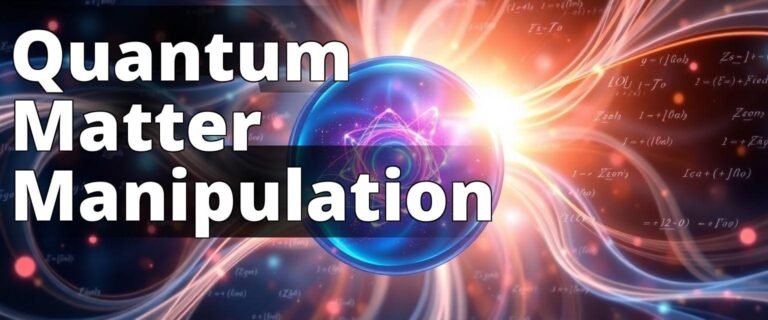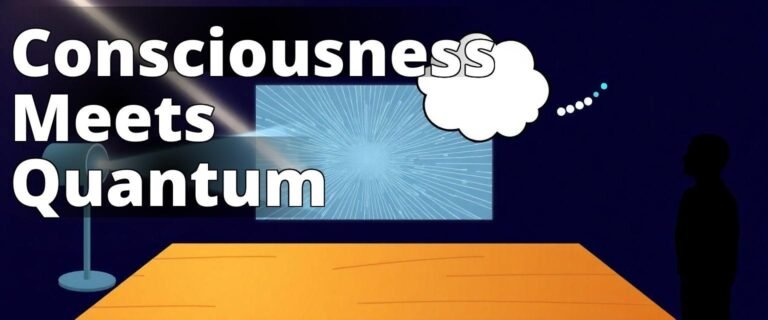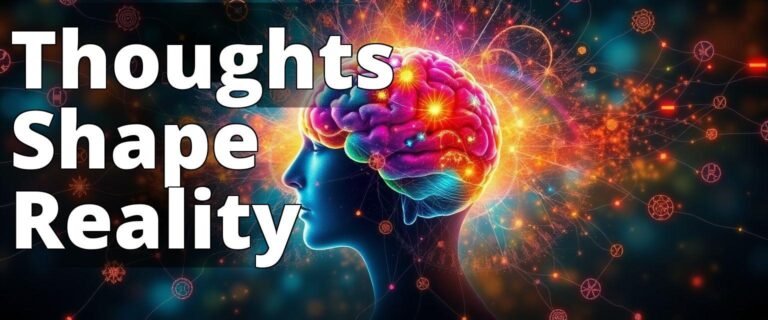Did God Create Man, or Man Create God?
In a world teeming with diverse beliefs and religious practices, one question persistently echoes through the corridors of human thought: Did God create man, or did man create God? This inquiry is not just a philosophical exercise but a profound exploration into the very evolution of religion and its impact on human history. As we delve into this topic, we must consider that religion’s roots are as ancient as humanity itself, intricately woven into the fabric of our social and moral development.
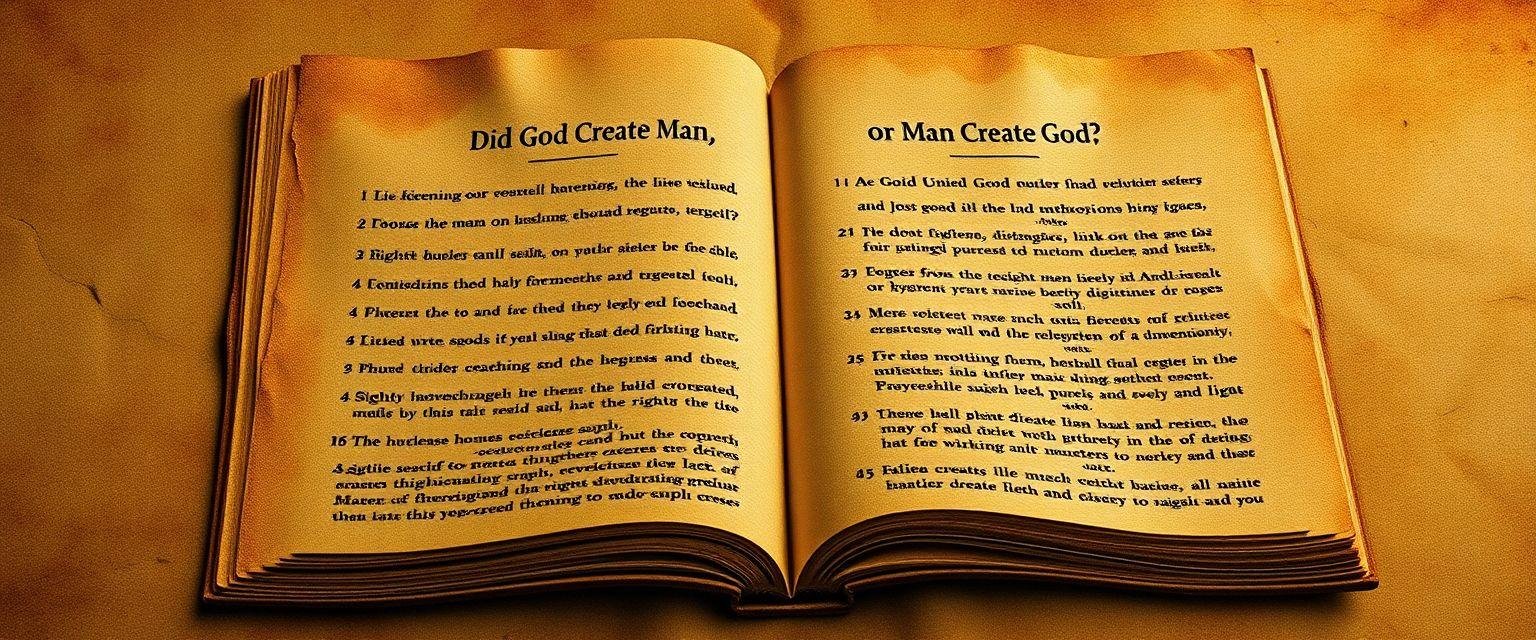
Throughout history, religion has played a pivotal role in shaping societies, influencing laws, and dictating moral codes. But as we deconstruct religious origins, we must ask ourselves: are these beliefs divinely inspired, or are they constructs of the human mind, born out of a need to explain the unexplainable? This article will explore the evolution of religion, the concept of God, morality, meaning, and even individual identity in the context of these age-old questions.
Insider Tip: “To truly understand the evolution of religion, one must look beyond the scriptures and into the hearts and minds of those who practice it,” says Dr. Elaine Pagels, a renowned historian of religion.
Understanding Religious Origins
Explore the complex interactions between humanity and divinity through various evolutionary lenses.
– Learn how religion has evolved over time, shaped by cultural and social influences rather than divine command.
– Discover how concepts of God have transformed alongside human understanding and moral development.
– Examine the impact of personal and collective meaning-making on our perception of existence and spirituality.
The Evolution of Religion
Religion, in many ways, has evolved alongside humanity. From early animistic beliefs to the sophisticated theologies of today, religion has been a constant companion to human development. Archaeological findings, such as the Göbekli Tepe in Turkey, suggest that religious practices predate agriculture, indicating that spirituality may have been a driving force in the formation of early human societies.

The evolution of religion is marked by a shift from polytheistic systems to monotheistic beliefs. This transition was not merely a change in the number of deities worshipped but represented a fundamental shift in how humans perceived the divine and their place in the universe. As societies grew more complex, so too did their religions, evolving to address new social structures, moral dilemmas, and existential questions.
Insider Tip: “Religions are living entities. They grow, adapt, and sometimes perish like the societies they inhabit,” observes Karen Armstrong, a scholar of comparative religion.
Religious evolution is not just about the past. Today, we witness the rise of secular humanism and the decline of traditional religious adherence in many parts of the world. This shift prompts us to question what role religion will play in the future. Will new forms of spirituality emerge, or will humanity outgrow the need for religious frameworks altogether?
Thought-Provoking Question: Could the decline of traditional religion lead to a moral vacuum, or will new ethical systems naturally fill the void?
The Evolution of God
The concept of God has undergone significant transformations throughout history. Early gods were often personifications of natural forces, revered for their power over life and death. As human understanding of the world expanded, so too did the complexity of their gods. The transition to monotheism introduced the idea of a singular, omnipotent deity, changing the dynamics of worship and belief.
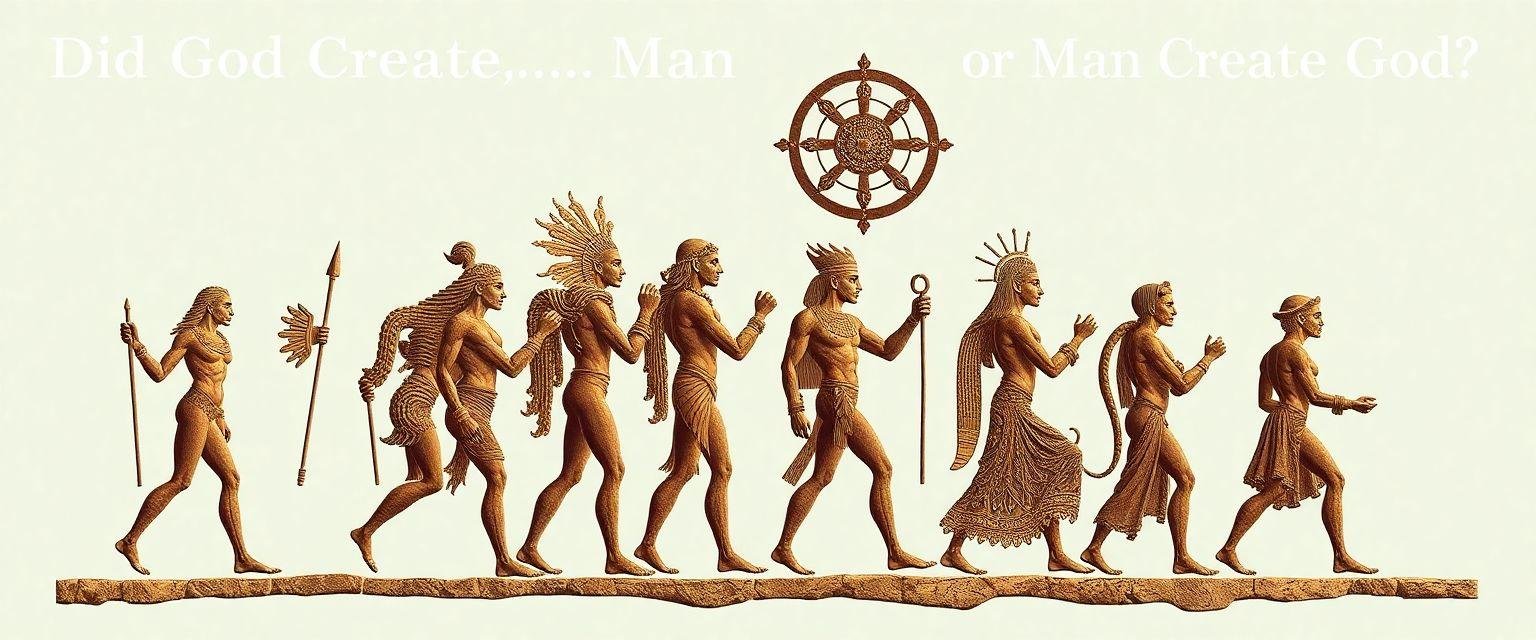
The evolution of God is not just a historical curiosity but a reflection of humanity’s quest for meaning and understanding. The gods of ancient civilizations were intimately tied to the natural world, representing elements like the sun, moon, and fertility. With the advent of monotheism, God became a more abstract, universal presence, transcending the physical realm and becoming a moral guide.
Insider Tip: “The evolution of God mirrors the evolution of human consciousness, reflecting our deepest fears and highest aspirations,” explains Dr. Reza Aslan, a theologian and author.
In modern times, the concept of God continues to evolve. Some see God as an impersonal force or a metaphor for love and justice, while others reject the notion altogether. This diversity of thought highlights the personal nature of belief and the ongoing dialogue between tradition and modernity.
Thought-Provoking Question: As our understanding of the universe grows, will our concept of God continue to evolve, or has it reached its final form?
The Evolution of Morality
Morality and religion are often seen as intertwined, yet the evolution of morality suggests that ethical behavior can exist independently of religious doctrine. Anthropological studies have found that moral codes existed in ancient societies long before organized religions emerged. These early moral systems were likely based on the need for cooperation and social cohesion, essential for survival.

As religions developed, they began to codify these moral principles, providing a divine justification for ethical behavior. The Ten Commandments, the Bhagavad Gita, and the Quran are all examples of religious texts that offer moral guidance, reflecting the values of the societies from which they emerged.
Insider Tip: “Morality predates religion. It’s an intrinsic part of the human social fabric, shaped by empathy, cooperation, and the need for harmony,” says Dr. Frans de Waal, a primatologist and ethologist.
In contemporary society, the relationship between morality and religion is increasingly complex. With the rise of secularism, many people derive their moral values from personal philosophy rather than religious teachings. This shift raises important questions about the source of moral values and the role of religion in ethical decision-making.
Thought-Provoking Question: Can a society fully function with a secular moral code, or is religion necessary for maintaining ethical standards?
The Evolution of Meaning
The search for meaning is a fundamental aspect of the human experience. Religion has traditionally provided answers to life’s big questions, offering a framework for understanding our purpose and place in the universe. But as science advances and secular philosophies gain popularity, the ways in which we find meaning are rapidly evolving.

Throughout history, religion has been a source of comfort and guidance, providing narratives that explain the mysteries of existence. These stories have helped people cope with life’s challenges, offering hope and a sense of belonging. However, in an increasingly interconnected world, many are turning to alternative sources of meaning, such as personal achievement, relationships, and a connection to nature.
Insider Tip: “Meaning is not static. It evolves as we do, shaped by our experiences, culture, and the world around us,” notes Dr. Viktor Frankl, author of “Man’s Search for Meaning.”
The evolution of meaning raises important questions about the future of religion and spirituality. Will traditional religious narratives continue to provide meaning in our lives, or will new stories emerge to fill this role? As individuals, we must navigate this landscape, seeking answers that resonate with our personal beliefs and experiences.
Thought-Provoking Question: In a world where science can explain so much, what role will spirituality play in our search for meaning?
The Evolution of You
At the heart of the evolution of religion, God, morality, and meaning is the evolution of the individual. Each person’s journey is unique, shaped by a myriad of factors including culture, upbringing, personal experiences, and exposure to different ideas. As we explore these themes, we must consider how they influence our own beliefs and identities.

The evolution of you is a dynamic process, one that involves questioning, learning, and growing. It is about finding your own path in a world filled with diverse perspectives and possibilities. This journey is not just about accepting or rejecting religious beliefs but about understanding their impact on your life and the world around you.
Insider Tip: “Your spiritual journey is deeply personal. It’s about finding what resonates with your soul and aligns with your values,” advises Dr. Deepak Chopra, a spiritual teacher and author.
In this ever-changing landscape, it’s crucial to remain open-minded and curious, willing to explore new ideas and challenge old assumptions. The evolution of you is an ongoing process, one that requires introspection, courage, and a willingness to embrace uncertainty.
Thought-Provoking Question: How do you define your spiritual journey, and what influences have shaped your beliefs?
Conclusion
The question of whether God created man or man created God is a profound inquiry that touches upon the very essence of human existence. As we deconstruct religious origins, we uncover a complex tapestry of beliefs, stories, and traditions that have shaped our understanding of the world and our place in it. The evolution of religion, God, morality, meaning, and individual identity is a testament to humanity’s endless quest for knowledge and connection.
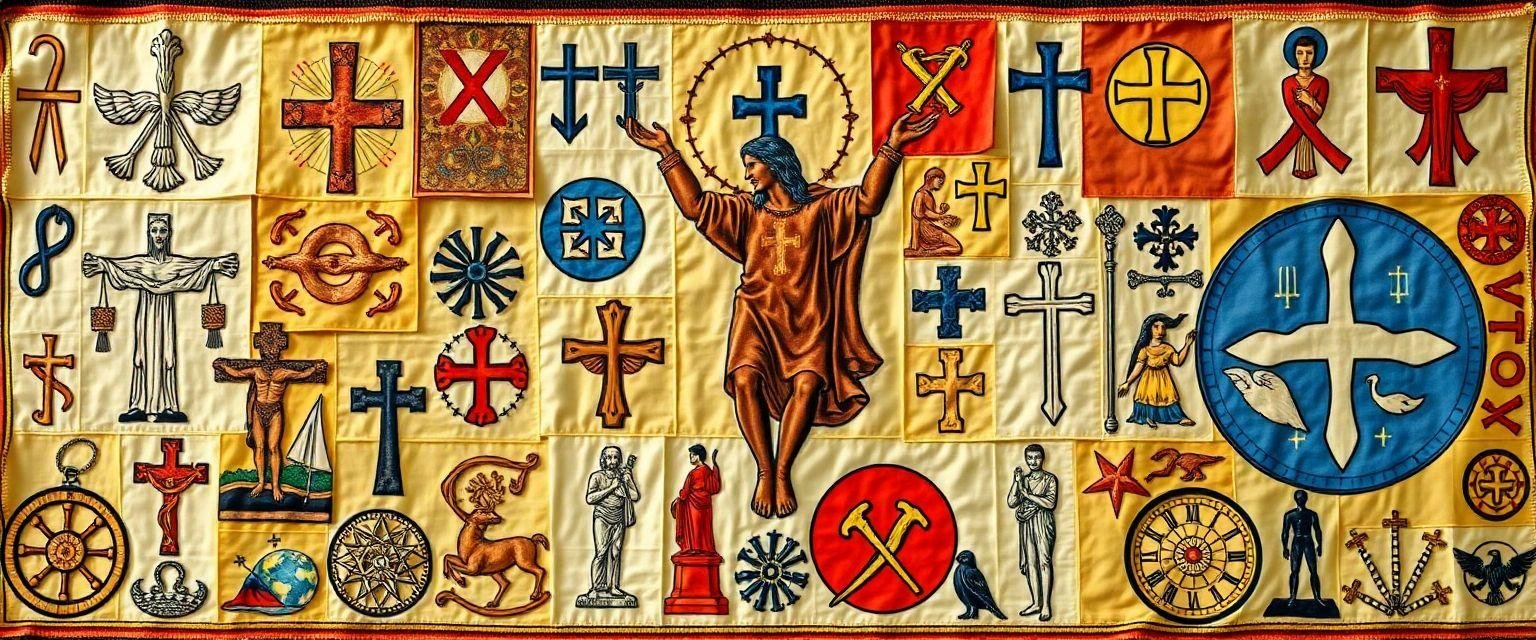
In exploring these themes, we are reminded of the power of belief and the role it plays in defining our lives. Whether we find meaning through religion, science, or personal philosophy, the journey itself is a vital part of what it means to be human. As we move forward, let us embrace this journey with open hearts and minds, ever curious and eager to learn.
For further exploration into the evolution of religion and its impact on society, visit Thin White Lies.
Insider Tip: “The exploration of religious origins is not about finding definitive answers but about understanding the diversity of human thought and experience,” concludes Dr. Bart Ehrman, a New Testament scholar.
In the end, the evolution of religion is not just about the past but about our ongoing journey toward understanding and meaning in an ever-changing world.
Answers To Common Questions
Q.Who is involved in deconstructing religious origins?
A.Scholars, theologians, and philosophers often explore these origins.
Q.What does deconstructing religious origins involve?
A.It involves analyzing historical, cultural, and philosophical contexts.
Q.How can I start deconstructing my beliefs about God?
A.Begin by reading diverse perspectives and engaging in open discussions.
Q.Why is understanding religious origins important for individuals?
A.It helps individuals critically assess their beliefs and understand diversity.
Q.What if I feel challenged or uncomfortable by the deconstruction process?
A.It’s normal to feel that way; consider it a path to personal growth.
Q.How can deconstructing religious origins improve my faith?
A.It can strengthen your faith by providing a deeper understanding of beliefs.


